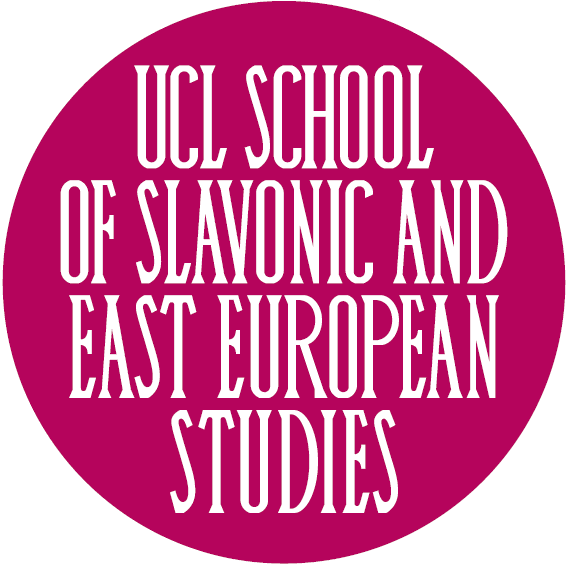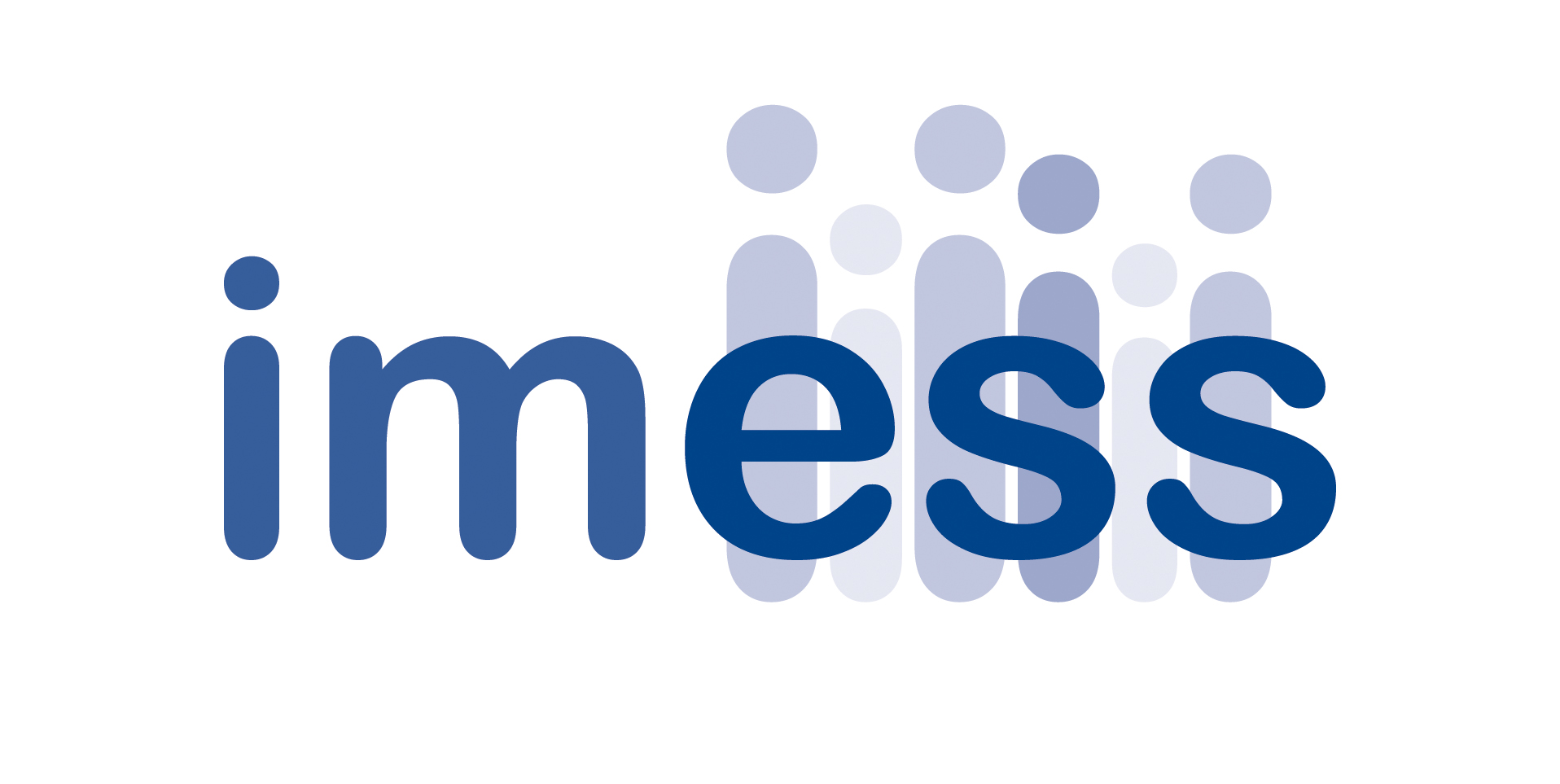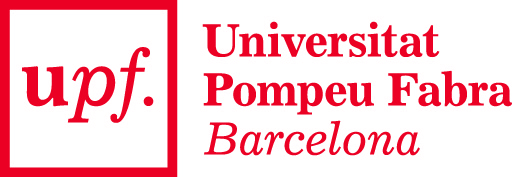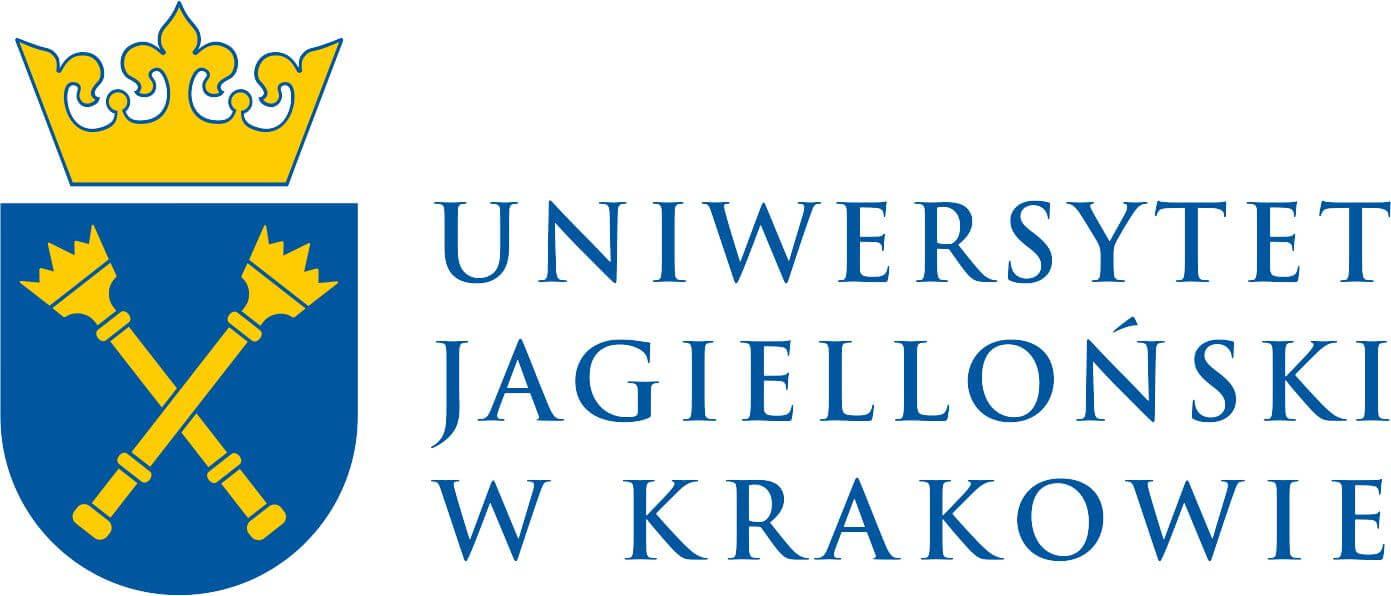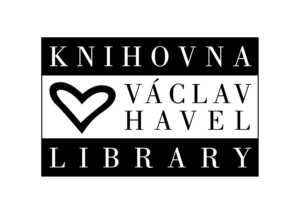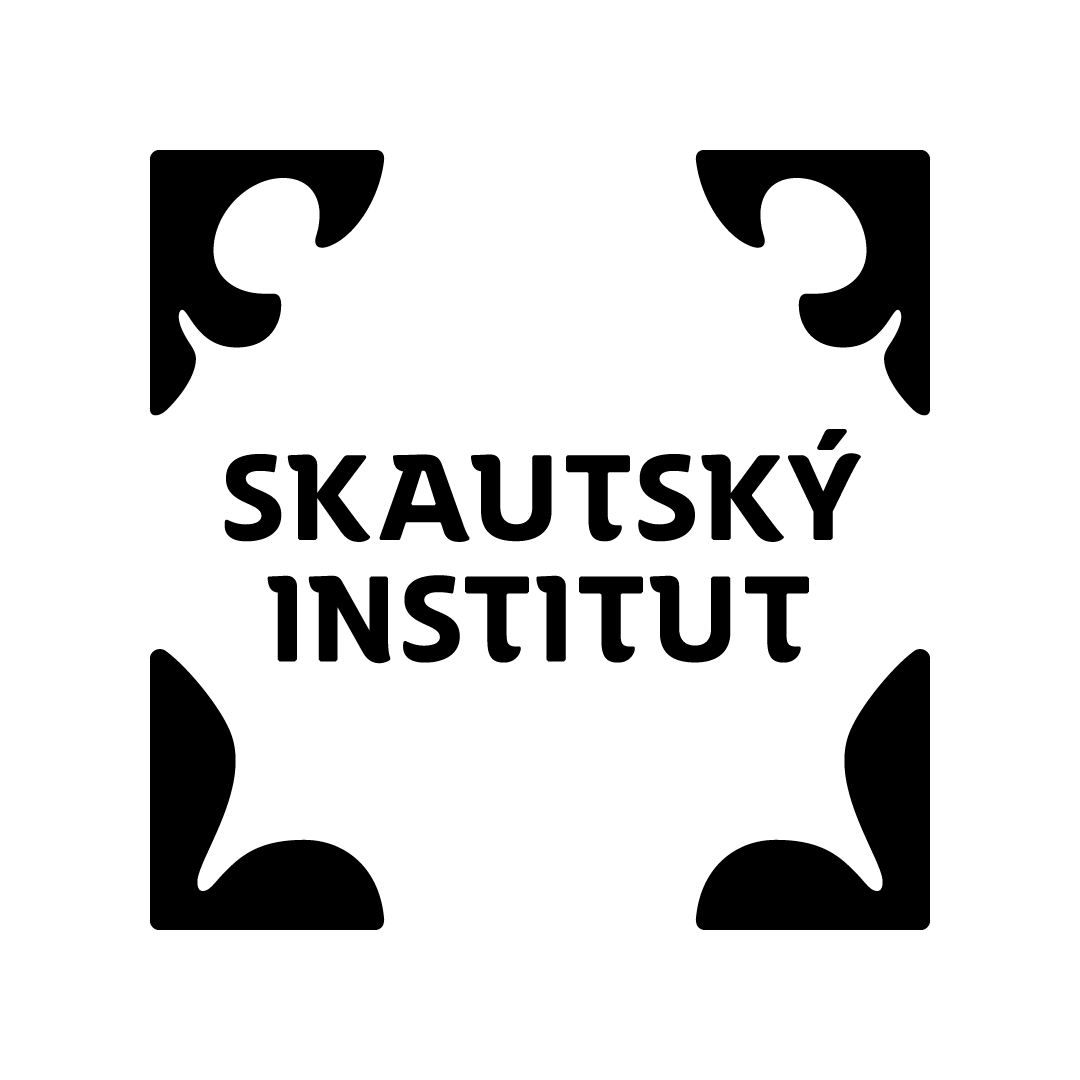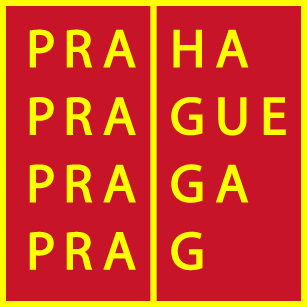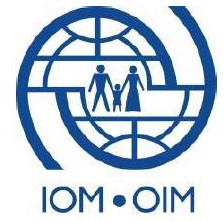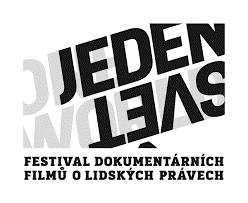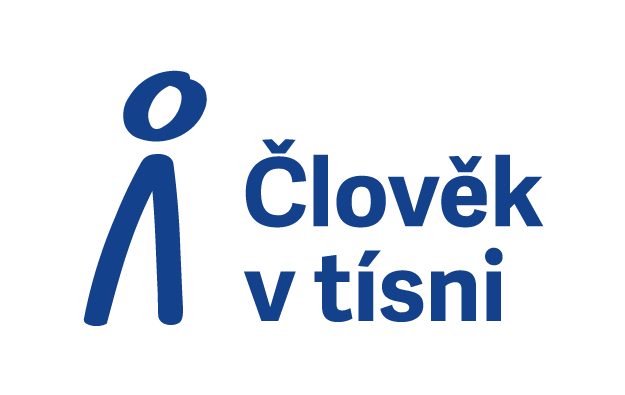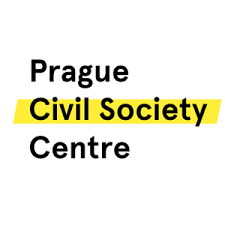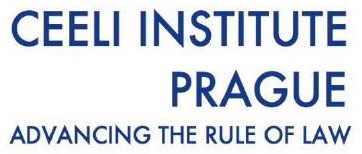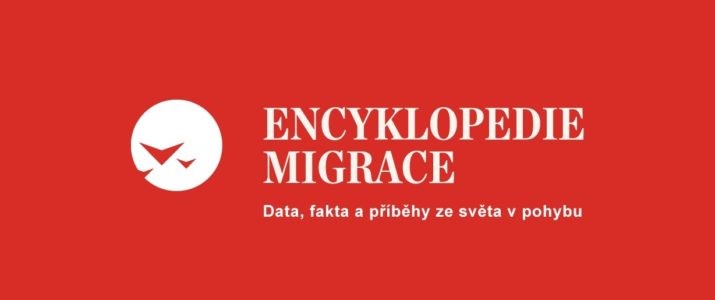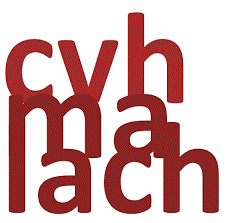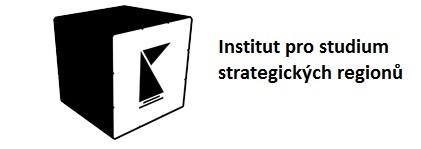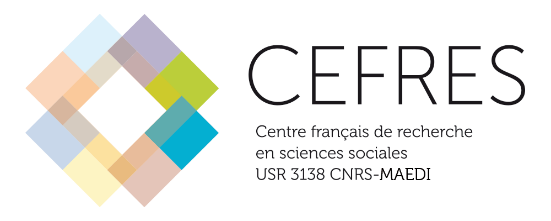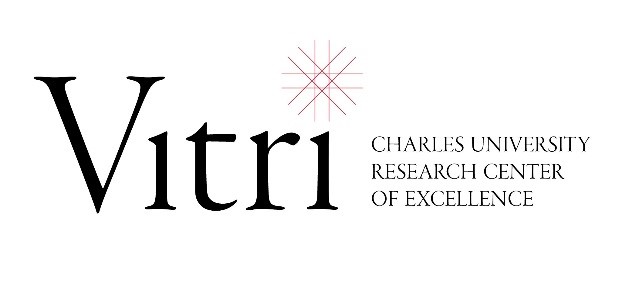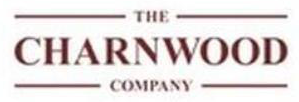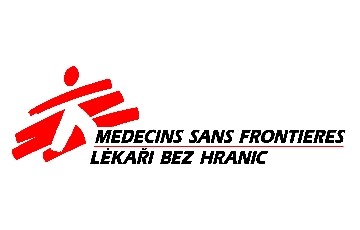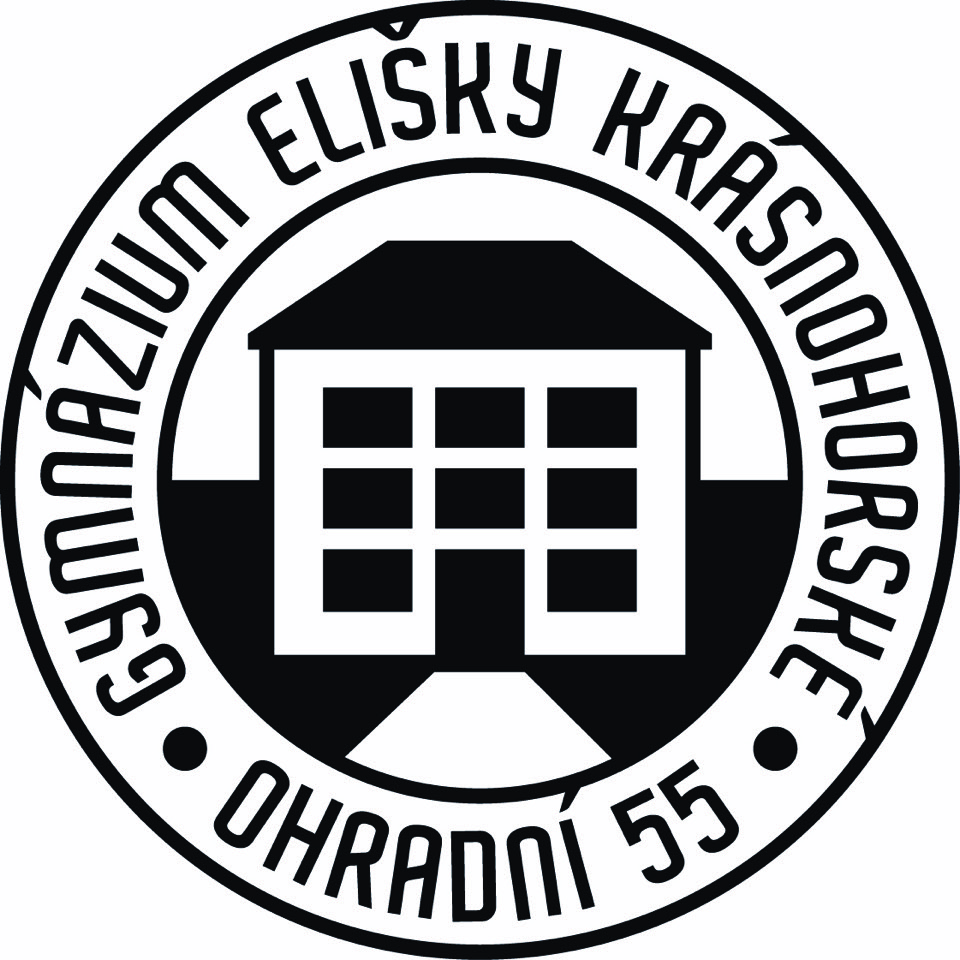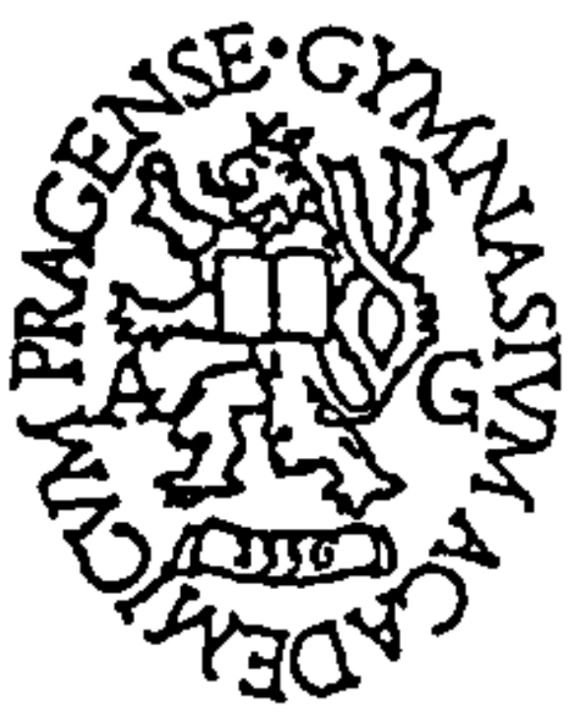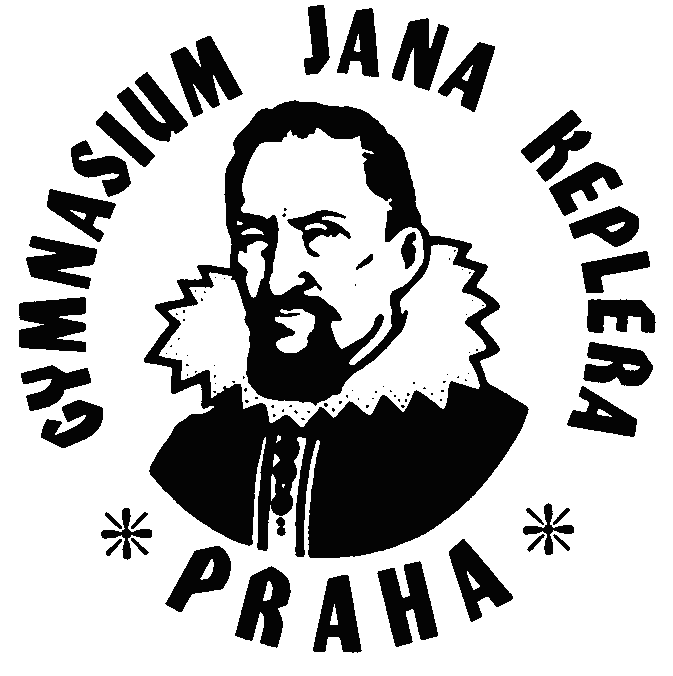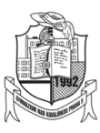The Political Economy of Legal and Governance Reform in Non-Western Societies: Insights from Central Asia (POLCA)
The Political Economy of Legal and Governance Reform in Non-Western Societies: Insights from Central Asia (POLCA)
The POLCA project aims to contribute to understanding the challenges associated with promoting good governance and the rule of law in non-Western societies. Rather than relying on the traditional approach that depends on the transfer of Western institutions and legal models, POLCA focuses on the research of so-called alternative institutions and norms – namely, local, traditional, religious, and informal structures that often shape everyday governance, law, and social relations in practice. The research is conducted in five Central Asian countries, representing a unique blend of Soviet, Islamic, and Western legal cultures. The project seeks to ensure that insights from these environments lead to more sensitive, contextually grounded reform proposals based on local conditions, rather than universal Western templates. POLCA connects 30 academic and non-academic partners from Europe, North America, and Asia and offers an interdisciplinary research and educational programme emphasising field research, a gender-sensitive approach, and the practical applicability of results in policy and international development.
Research team
The primary investigator of the project is Associate Professor PhDr. Slavomír Horák, Ph.D., from the Institute of International Studies, Faculty of Social Sciences, Charles University, with the project assuming that researchers from the following institutions will further participate in its resolution:
- Lund University (Sweden) | Coordinator
- University of Zurich (Switzerland)
- Uzbek Women’s Rights Association (Istanbul, Turkey) | Non-governmental organisation
- Charles University, Faculty of Social Sciences, Prague (Czech Republic)
- Turiba University (Latvia)
- University of the West of England (United Kingdom)
- University of Toronto (Canada)
- Malmö University (Sweden)
- Estonian Business School (Estonia)
- Södertörn University (Sweden)
- University of Birmingham (United Kingdom)
- German Institute for International and Security Affairs (Germany) | Think tank
- Tashkent State Economic University (Uzbekistan)
- University of Tsukuba (Japan)
- Tashkent State University of Law (Uzbekistan)
- Kurultai Research and Consulting – Research and Consulting Company (Central Asia)
- Westminster International University in Tashkent (Uzbekistan)
- Tebigy Kuwwat Public Association (Turkmenistan) | Environmental Non-profit Organisation
- Tajik State University of Commerce (Tajikistan)
- University of Zhetysu (Kazakhstan)
- Anti-Corruption Business Council under the President of the Kyrgyz Republic (Kyrgyzstan)
- Academy of Public Administration under the President of Kazakhstan (Kazakhstan)
- Eurasian Institute of Interdisciplinary Studies (Central Asia)
- American University of Central Asia (Kyrgyzstan)
- International University of Tashkent (Uzbekistan)
- OSCE Academy in Bishkek (Kyrgyzstan)
- University of World Economy and Diplomacy (Uzbekistan)
- Centre for Development Strategy of Uzbekistan | Non-governmental organisation
- National University of Uzbekistan (Uzbekistan)
- Academy of Law Enforcement of Uzbekistan (Uzbekistan)
Donor
The project is funded by the European Commission through the Horizon MSCA Staff Exchanges programme.
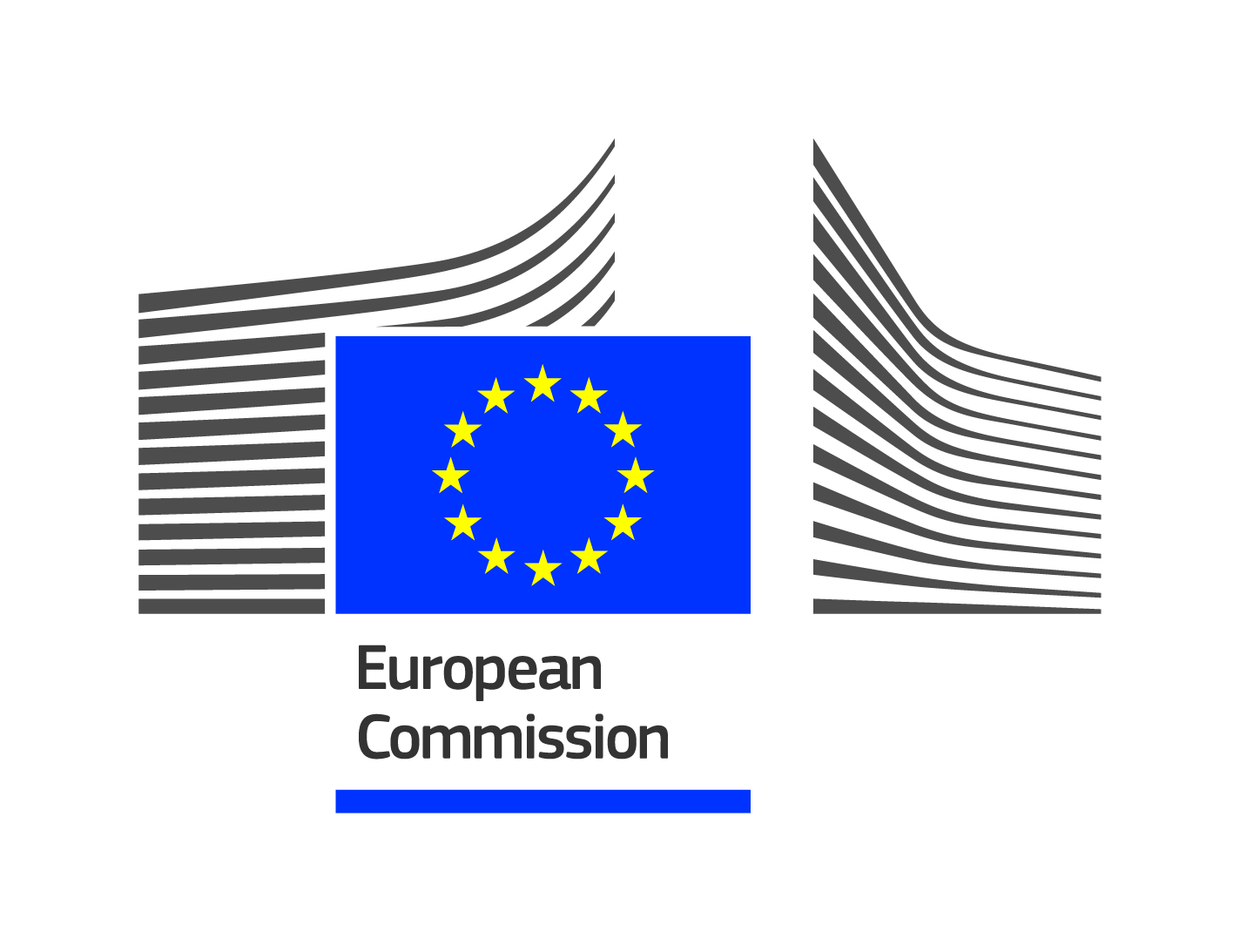
Duration
The project will take place from January 2026 to December 2029.


